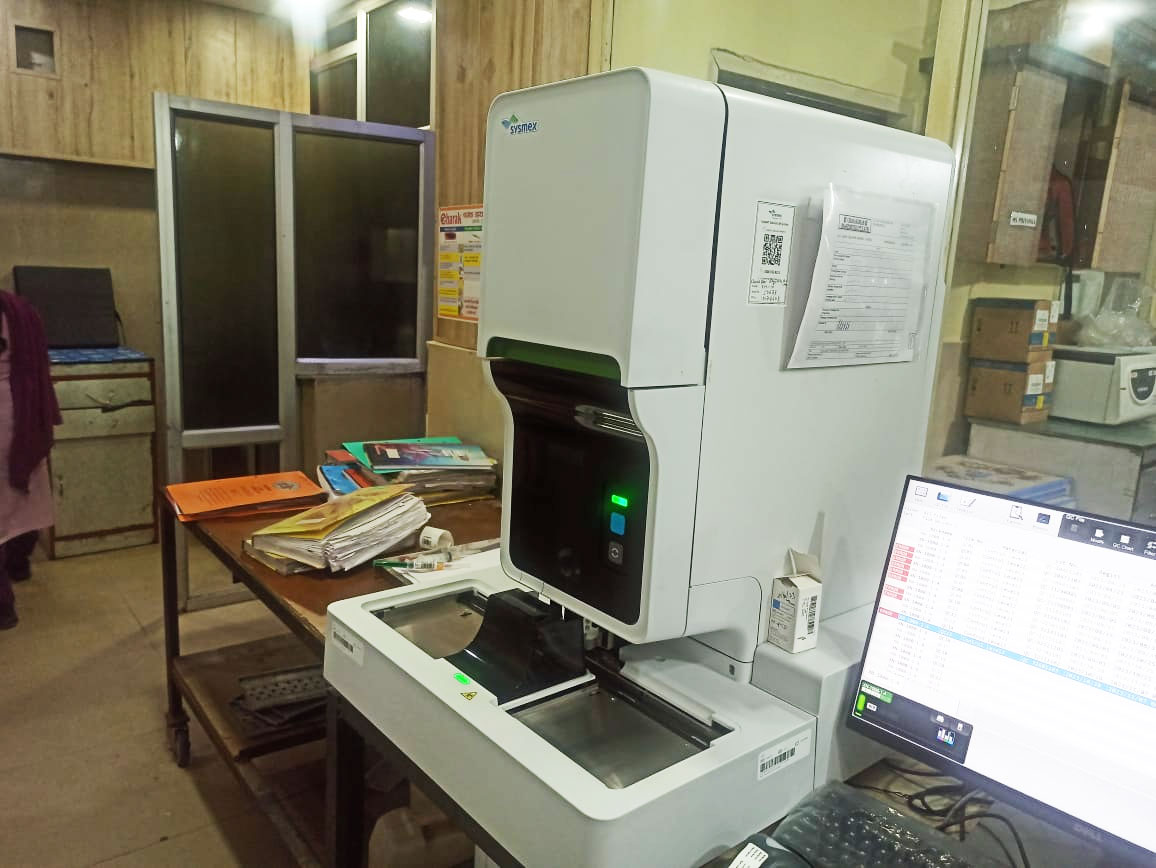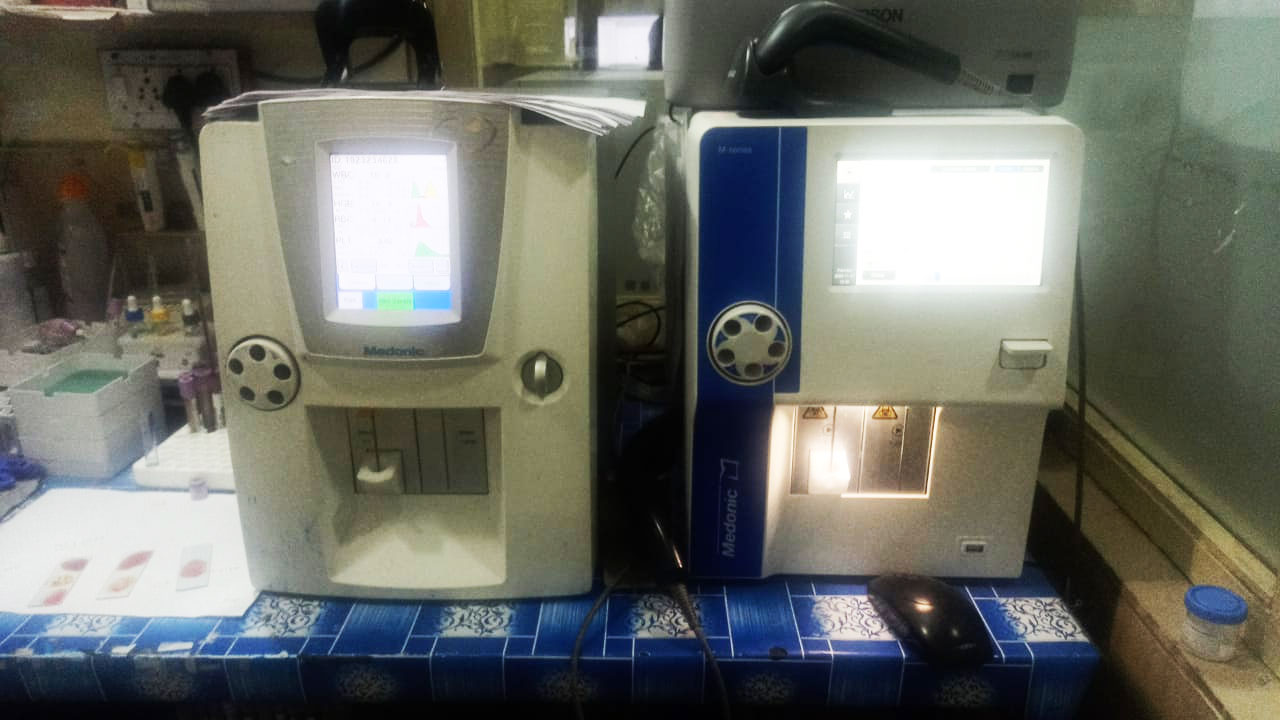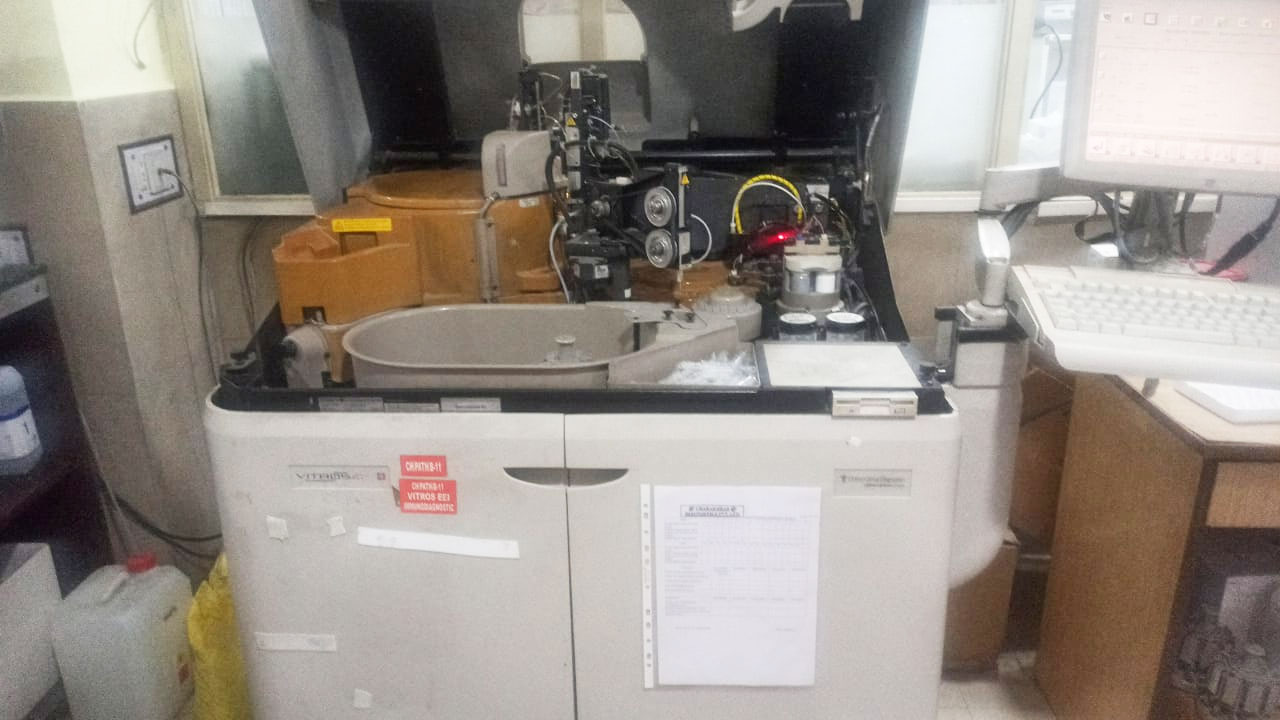Hematology is the branch of medical science that focuses on the study of blood and blood-forming tissues. It encompasses the diagnosis, treatment, and prevention of diseases and disorders related to the blood, as well as the organs and tissues involved in blood production, such as the bone marrow, lymph nodes, and spleen. Hematologists are medical professionals who specialize in this field and are responsible for the care of patients with various blood disorders.
Some of the key areas of focus in hematology include:
-
Blood Cell Count: Hematologists examine the number and types of blood cells (red blood cells, white blood cells, and platelets) to assess a patient's overall health and to diagnose various conditions, such as anemia, leukemia, and thrombocytopenia.
-
Hematologic Diseases: Hematology deals with a wide range of diseases, including but not limited to anemia, leukemia, lymphoma, myeloma, hemophilia, thrombosis, and various bleeding disorders.
-
Blood Transfusions: Hematologists are involved in managing blood transfusions for patients who have lost blood due to surgery, injury, or other medical conditions.
-
Bone Marrow Disorders: Hematologists diagnose and treat disorders that affect the bone marrow, where blood cells are produced. These disorders can include myelodysplastic syndromes and aplastic anemia.
-
Coagulation Disorders: Hemostasis, or the body's ability to stop bleeding, is a key area in hematology. Hematologists manage conditions like hemophilia, von Willebrand disease, and other bleeding disorders.
-
Hematologic Oncology: Hematologic malignancies, including leukemias, lymphomas, and myelomas, are cancers that originate in the blood or bone marrow. Hematologists work closely with oncologists to diagnose and treat these conditions.
-
Blood Clotting Disorders: Hematologists investigate and treat disorders related to blood clotting, such as deep vein thrombosis (DVT), pulmonary embolism, and clotting disorders like antiphospholipid syndrome.
Hematologists use various diagnostic tools and tests, such as complete blood counts, bone marrow biopsies, and genetic testing, to determine the underlying cause of blood-related conditions and develop treatment plans. Treatment options can include medication, blood transfusions, bone marrow transplantation, and other therapies tailored to the specific disorder.
Hematology is a critical field in medicine, as it plays a vital role in the diagnosis and management of a wide range of health conditions. Hematologists work in both clinical and research settings, contributing to advancements in the understanding and treatment of blood-related disorders.



